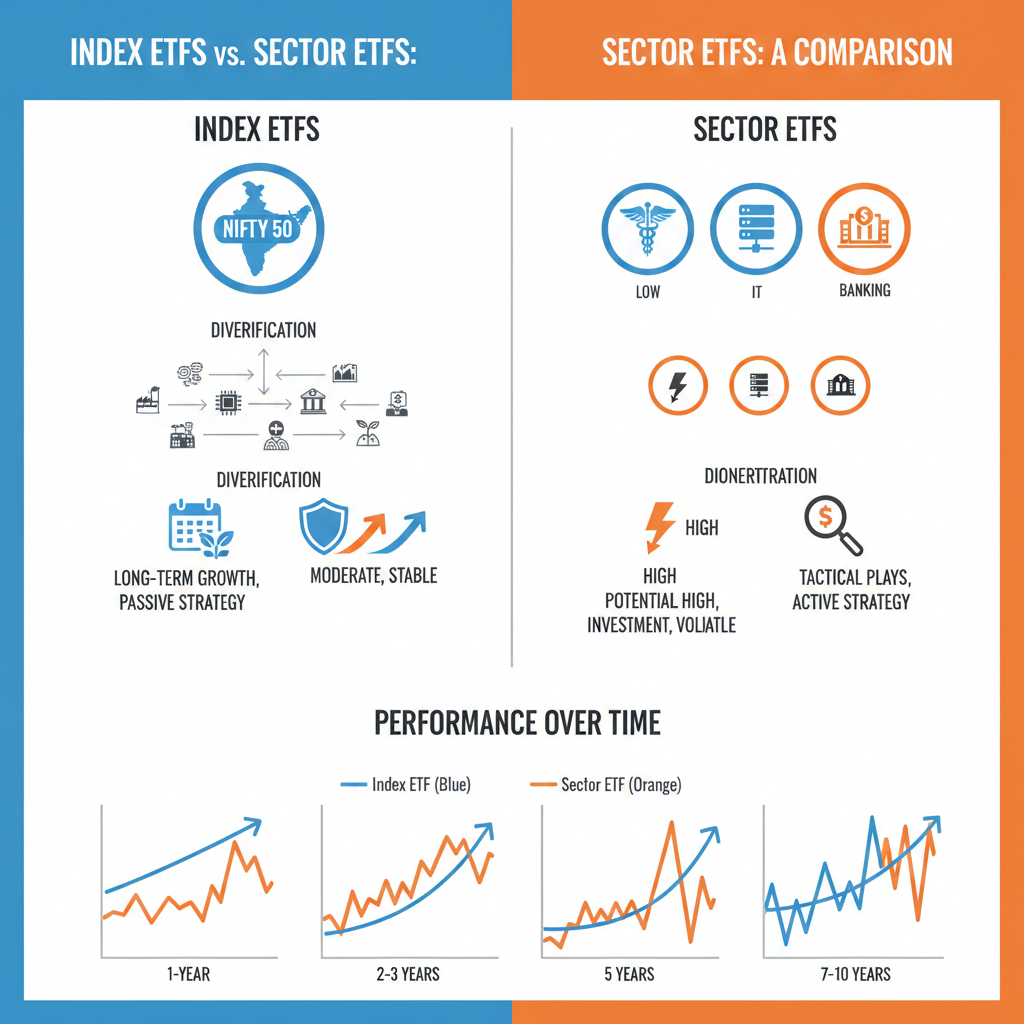All of us have gone through a time when we were completely engulfed in being on PUBG, whether for rank pushes, skin upgrades, or getting rare weapons. So, the nostalgia of 2018 to the COVID era is hitting hard, right? And let’s not forget about our elders, completely engrossed in playing Candy Crush. No doubt, Candy Crush is also fun…
In the midst of fun and rush, a few have dreamt of creating the next hits just like these known titles, but got stuck at one main point: “Which mobile game app development engine would be ideal for building my next hit? Unity or Unreal Engine,” and let’s be real, this is the kind of a debate that never seems to end and a perfect point. But the best mobile game app development company knows the trick to maintain the balance.
Both of the engines have their own pros, cons, and best uses. Unity has created its entire reputation on versatility and adaptability; meanwhile Unreal Engine helps in creating jaw-dropping visuals and fascinating cinematic capabilities.
But, if you are on a tight deadline, specific budget, or serious development cycle, the “perfect” option relies on the skills of your team and the type of game you want to develop.
Don’t worry, this guide will break down both engines in plain language, no jargon, no beating around the bush, and see where each one of them shines, struggles, and which one might be the best fit for your project.
Understanding Unity and Unreal: The Foundations of Mobile Game Development
Unity and Unreal Engine set the foundation of most of the popular titles we have been through in our lives. For a dedicated mobile app developer Austin, it is crucial to identify what each of them has to offer to turn the ideas into a playable and entertaining game.
What Unity Offers for Mobile Game App Developers?
Unity is like that friendly, reliable toolkit every developer loves having on hand. It’s lightweight, flexible, and perfect for both 2D and 3D projects. Its simple interface makes it ideal for beginners or smaller studios looking to get their first mobile title off the ground fast.
Take an example of a studio or an independent mobile app developer Austin–based team. They might choose Unity because it supports nearly every platform, integrates with thousands of plugins, and doesn’t require a massive system setup. Unity’s “write once, deploy everywhere” approach saves time and money.
What Makes Unreal Engine Stand Out?
Unreal Engine, on the other hand, is like the Ferrari of game engines. Powerful, polished, and built for performance. It thrives in creating realistic 3D environments and cinematic visuals that make players stop and stare.
But it also has a difficult learning curve for beginners. Unreal uses C++ (though its visual scripting tool, Blueprint, helps non-coders too). For studios chasing console-quality experiences on mobile, Unreal can be worth the effort.
Comparing Performance, Graphics, and Flexibility
Performance on Different Mobile Platforms
Unity is well-known for delivering smoother builds and faster iteration times, especially for 2D or lightweight 3D games.
Unreal’s graphics pipeline can be heavier, but it delivers unmatched realism when optimized properly.
For an Austin-based studio or mobile app developer Austin trying to deliver a polished, lightweight mobile game, Unity’s compact build sizes and faster loading times can be a huge advantage.
Unreal, though, is unbeatable when the visual experience is the top priority. Think RPGs, shooters, or immersive story-driven titles.
Visual Quality and Design Freedom
Let’s talk visuals. Unity is great for stylized art, cartoon-like graphics, and experimental design. Unreal? It’s your go-to for realism and detail.
A mobile game app development company might use Unreal to wow players with rich textures and cinematic lighting, while Unity might be their choice for quick-turnaround casual games with charming visuals. In short: Unity gives you flexibility, Unreal gives you power.
Cost, Licensing, and Development Efficiency
Pricing and Royalties
Cost matters a lot, especially when it comes to a small team. Unity offers free and pro tiers depending on revenue, while Unreal charges a 5% royalty after your game crosses $1 million in gross revenue.
If you’re just starting or testing prototypes, Unity’s pricing structure might feel friendlier. But for larger studios or a mobile game app development company with multiple releases planned, Unreal’s royalty model can still make sense, especially if visual fidelity helps boost downloads and engagement.
Development Workflow and Team Productivity
When it comes to collaboration and speed, Unity wins points for being lightweight and intuitive. Teams can onboard new developers easily and quickly push builds.
A mobile app developer Austin working with a mobile game app development company can benefit from Unity’s faster iteration cycles and extensive asset store.
On the other hand, Unreal Engine is slightly more complex, shines when a studio has dedicated artists and programmers who can fully leverage its advanced tools.
In other words: Unity helps you work faster. Unreal Engine helps you in developing huge hits.
Use Cases and Real-World Scenarios
When Unity Is the Better Choice?
Unity is the go-to for 2D games, casual puzzle titles, AR/VR experiences, and any project needing wide device compatibility.
A small mobile app developer Austin team working on a fun, lightweight puzzle game for both Android and iOS. They can prototype, test, and publish faster with Unity.
When Unreal Excels?
Unreal shines in high-fidelity mobile games, especially those with complex environments or heavy storytelling. A reputable mobile game app development company might use Unreal to deliver cinematic experiences, like RPGs or shooters, that need deep immersion and lifelike graphics.
Games that rely on physics, detailed textures, or realistic lighting truly benefit from Unreal’s rendering power.
Hybrid and Cross-Team Approaches
Some teams use both. For instance, a studio might develop smaller prototypes in Unity and reserve Unreal for their flagship game. Collaboration between different specialists can create a versatile and scalable workflow.
The Future of Mobile Game Development
AI and Procedural Tools in Unity and Unreal
Both engines are embracing AI, making game creation faster and smarter. Unity is using AI-assisted tools for coding; meanwhile, MetaHuman by Unreal and procedural generation tools help in smoothly building the game worlds.
In this regard, a mobile game app development company can develop complicated environments and responsive game characters in real-time by keeping production efficient without compromising on their creativity.
Cloud Gaming and Real-Time Collaboration
The rise of cloud-based development means teams no longer need to work in the same office. Platforms like Unity Cloud and Unreal’s collaboration features let distributed teams work together in real time.
Cloud workflows also make updates, builds, and playtesting faster, essential for the fast-moving mobile gaming market.
Conclusion
At last, there is not a single perfect answer for building every type of game. If you are looking for working flexibly, faster, and cross-platform functionality, Unity can be the absolute best or you. However, if you are more into giving your game a cinematic look and AAA graphics, then go for the Unreal Engine.
The smart move is knowing your team, your target audience, and your long-term roadmap. A skilled mobile game app development company can use both engines with a clear strategy. It can use Unity for making instant prototypes and use Unreal Engine for flagship titles.
So, if you are a mobile app developer Austin or a part of a reputable studio, selecting the perfect engine can tell how fun, fast, and successful your next game can become. Take a good and proper look at your game requirements and choose the perfect engine that might already be waiting for you.












































